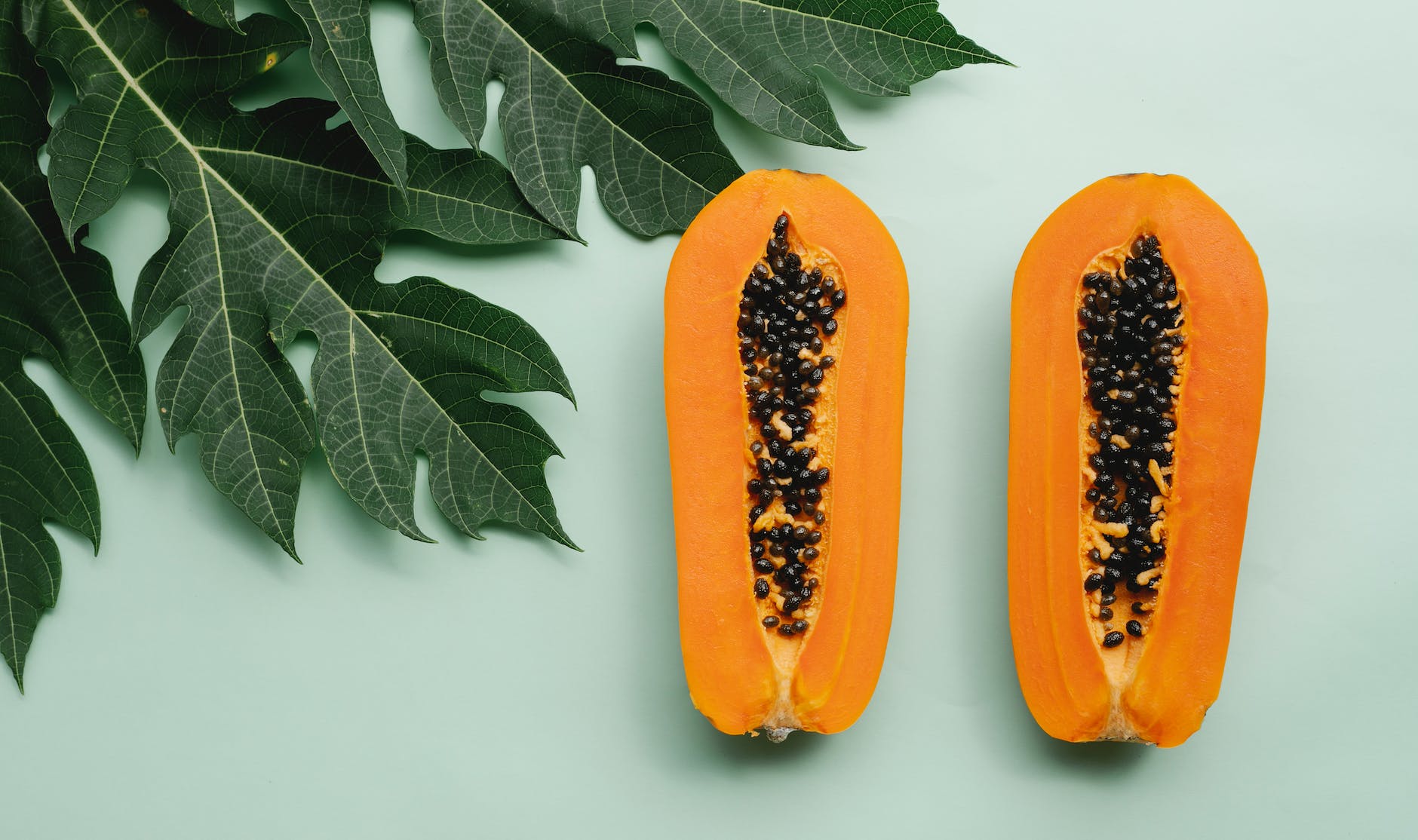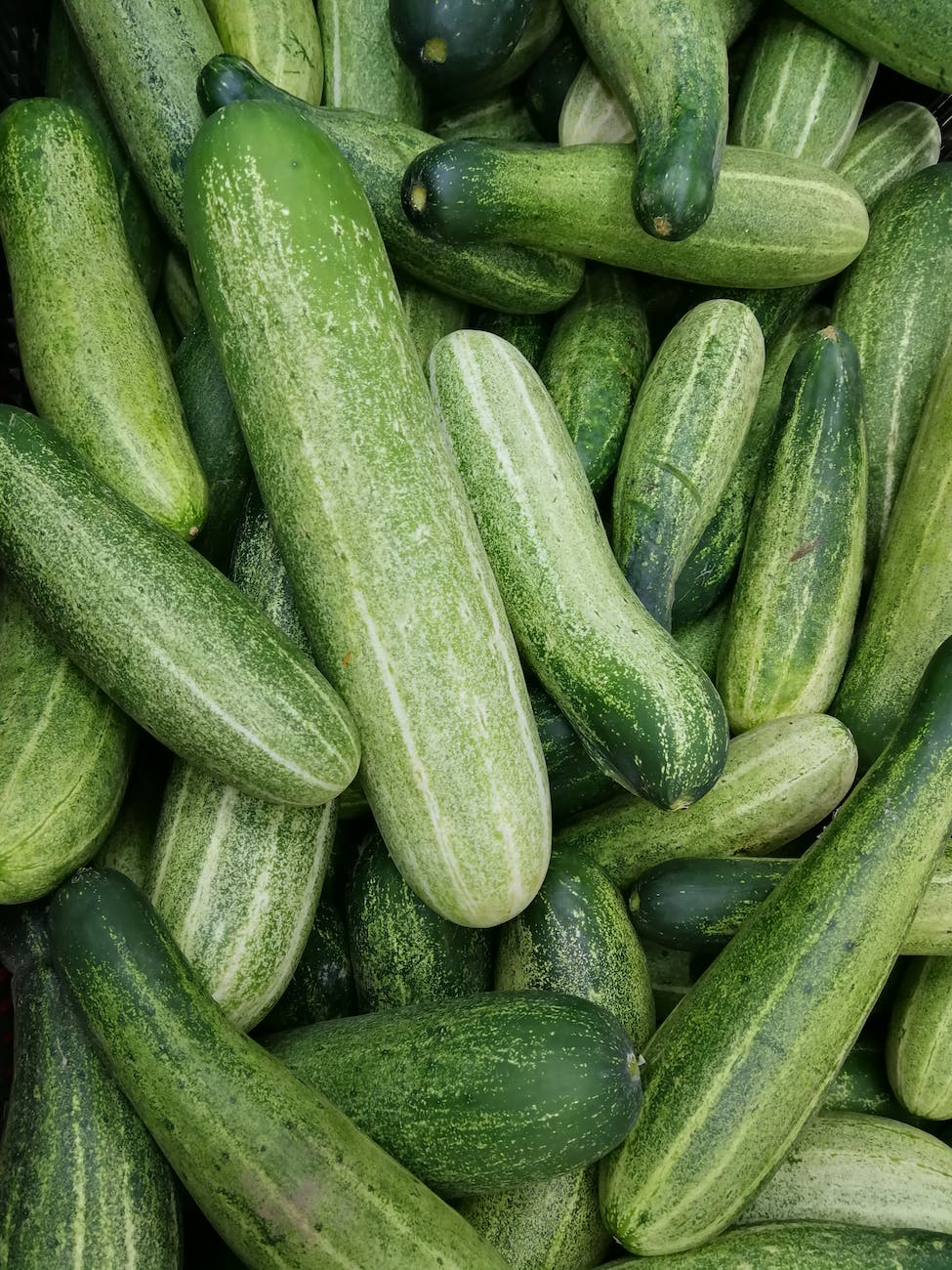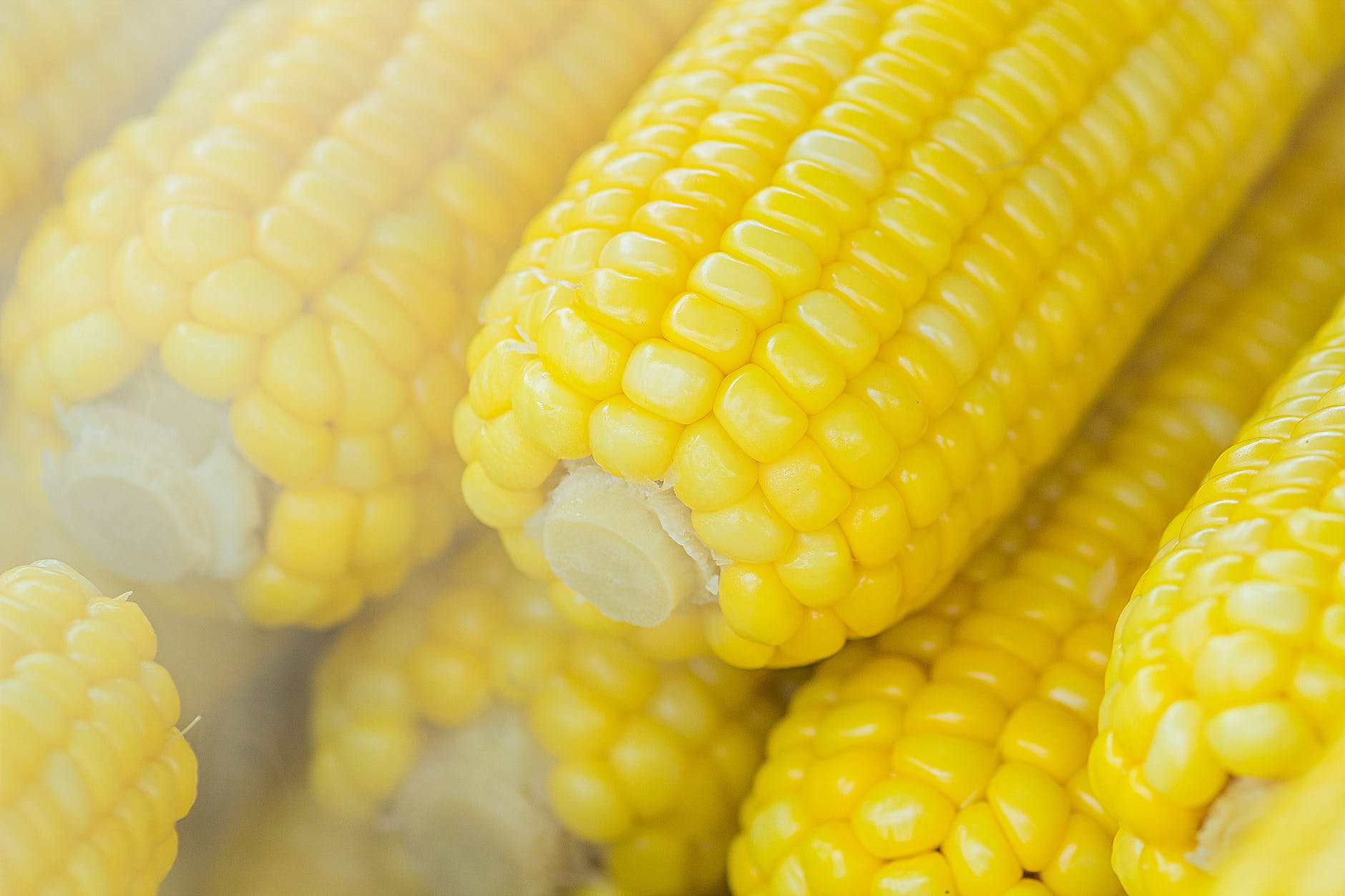
Hello, health enthusiasts! 🙌 Are you ready to embark on a journey to explore the wonders of one of the most nutritious fruits out there? Today, we’re putting the spotlight on the tropical delight known as papaya! This fruit is not only a treat for your taste buds but also a treasure trove of health benefits. So, buckle up as we dive deep into the world of papaya! 🚀
🌟 Nutritional Profile of Papaya: A Closer Look 🌟
Papaya, a fruit that originated in Central America, is now loved and consumed worldwide. And it’s no surprise why! This fruit is a nutrient-dense powerhouse that’s low in calories and high in essential vitamins and minerals.
A single medium-sized papaya contains approximately 120 calories, making it a perfect addition to a calorie-controlled diet. But the goodness of papaya doesn’t stop at being low-calorie. It’s also packed with:
- Vitamin C: A single papaya can provide more than 200% of your daily requirement of Vitamin C, which is essential for boosting your immune system and keeping your skin healthy.
- Vitamin A: Papaya is rich in beta-carotene, which your body converts into Vitamin A, essential for vision, organ health, and immunity.
- Folate: This B-vitamin plays a crucial role in cell growth and metabolism. It’s also vital for pregnant women as it helps in the development of the baby’s neural tube.
- Fiber: Dietary fiber aids in digestion, helps control blood sugar levels, and keeps you feeling full, which can help with weight loss.
And guess what? Papaya is also a decent source of protein, with around 1.7 grams in a medium-sized fruit. 💪
🍃 Papaya and Weight Loss: A Winning Combination 🍃
If you’re on a weight loss journey, papaya is your friend! 🤝 Its high fiber content can help control your appetite by making you feel full and satisfied. Plus, it’s low in calories, so you can enjoy it without worrying about your calorie intake.
Incorporating papaya into your diet is easy and versatile. Here are some delicious and healthy ways to enjoy papaya for weight loss:
- Papaya Smoothie: Start your day with a refreshing papaya smoothie. Blend some ripe papaya with a cup of low-fat yogurt and a dash of lemon juice. This smoothie is not only delicious but also packed with protein and fiber that will keep you full throughout the morning. 🍹
- Papaya Salad: For a light and nutritious lunch, try a papaya salad. Mix some diced papaya with lettuce, cucumber, and cherry tomatoes. Drizzle with a dressing made of olive oil, lemon juice, honey, and a pinch of salt. This salad is low in calories and high in nutrients, making it perfect for weight loss. 🥗
- Papaya Salsa: Spice up your grilled chicken or fish with a tangy papaya salsa. Combine diced papaya with chopped onions, jalapenos, cilantro, and lime juice. This salsa adds a burst of flavor without adding too many calories. 🍲
- Papaya Parfait: Looking for a healthy dessert? Layer some diced papaya with low-fat Greek yogurt and a sprinkle of granola. This parfait is a sweet treat that’s also good for your waistline. 🍨
- Papaya Juice: If you’re in a hurry, a glass of fresh papaya juice can be a quick and easy way to enjoy the benefits of this fruit. Just remember to avoid adding any extra sugar to keep it healthy. 🥤
- Papaya on its own: Of course, you can always enjoy ripe papaya slices as a sweet afternoon snack. It’s a guilt-free way to satisfy your sweet tooth. 🍽️
Remember, while papaya is a great addition to a weight loss diet, it’s also important to maintain a balanced diet and regular exercise. So, enjoy your papaya, stay active, and watch the pounds melt away! 🏋️♀️
🥗 Papaya and Keto Diet: Can They Go Together? 🥗
For those on a keto diet, you might be wondering if papaya is keto-friendly. While papaya is higher in carbs than other fruits like berries, it can still be enjoyed in moderation on a keto diet. Just remember to keep track of your carb intake to stay within your daily limit. 📊
Green papaya, in particular, is lower in sugar than ripe papaya, making it more keto-friendly. However, it’s still important to consume it in moderation due to its carb content.
💪 Papaya for Men’s Health: A Fruit for All 💪
Gentlemen, listen up! 📣 Papaya isn’t just great for weight loss; it’s also beneficial for men’s health. While more research is needed, some studies suggest that antioxidants in papaya may support cardiovascular health and even improve erectile function. So, don’t hesitate to add some papaya to your diet! 🍽️
🎯 Frequently Asked Questions (FAQs) 🎯
1. How many calories are in half a papaya? Half a medium-sized papaya contains approximately 60 calories.
2. Is green papaya keto-friendly? Green papaya is lower in sugar than ripe papaya, making it more keto-friendly. However, it’s still important to consume it in moderation due to its carb content.
3. How much protein is in papaya? A medium-sized papaya contains about 1.7 grams of protein.
4. Can papaya help you lose weight? Yes! Thanks to its high fiber content and low calorie count, papaya can be a great addition to a weight loss diet.
5. Is papaya good for diet? Absolutely! Papaya is low in calories, high in fiber, and packed with essential vitamins and minerals, making it excellent for any balanced diet.
6. What are the benefits of eating raw papaya? Raw papaya is rich in enzymes like papain that aid digestion. It’s also high in fiber and water content, which can help promote a feeling of fullness and aid in weight loss.
7. Can you eat papaya seeds? Yes, papaya seeds are edible and are known to have antibacterial and anti-inflammatory properties. However, they have a strong, somewhat bitter taste.
8. How does papaya benefit skin health? Papaya is rich in Vitamin C, Vitamin A, and antioxidants, which are beneficial for skin health. They can help protect your skin against free radicals, reduce signs of aging, and promote a healthy complexion.
🎈 Conclusion 🎈
Papaya is truly a nutritional powerhouse! 🏋️♀️ Whether you’re trying to lose weight, follow a keto diet, or simply improve your overall health, this tropical fruit has something to offer. So why wait? Start enjoying the health benefits of papaya today! 🎊
Remember, a healthy diet is all about balance and variety. So, while papaya is fantastic, make sure to enjoy a wide range of other fruits and vegetables too. Stay healthy, and keep shining! 🌞
Disclaimer: This blog post is for informational purposes only and should not replace professional medical advice.












